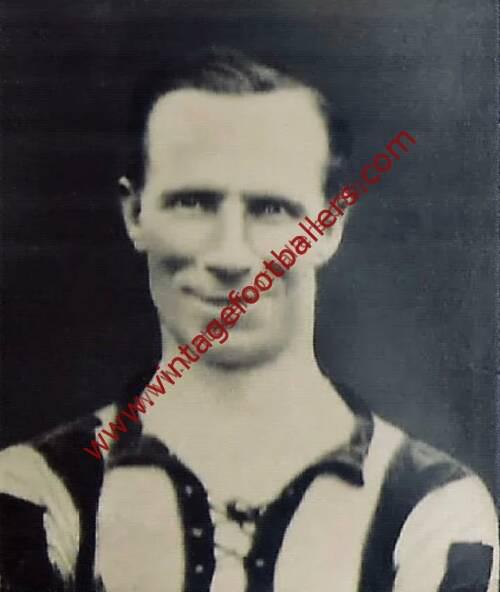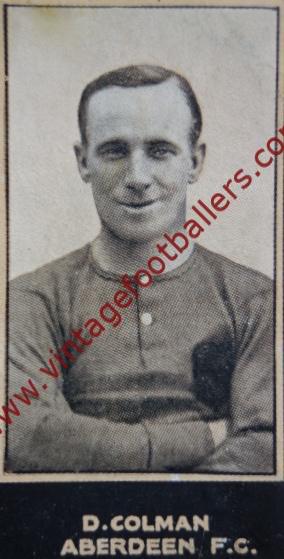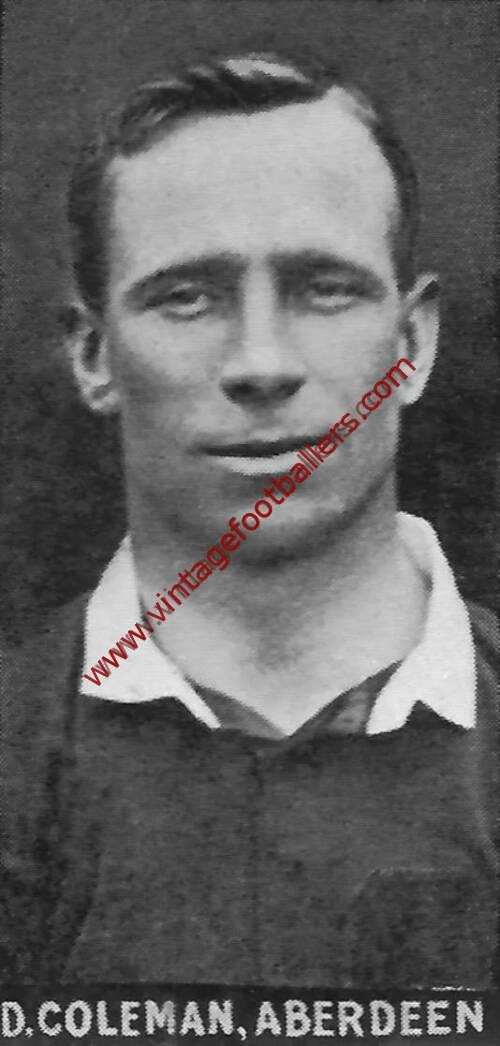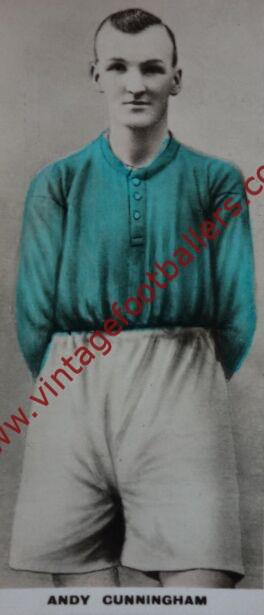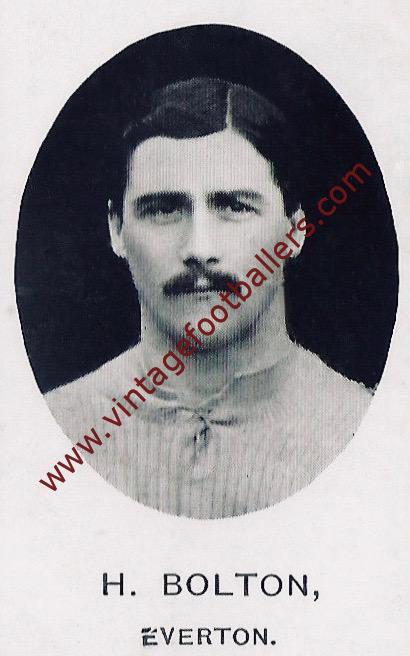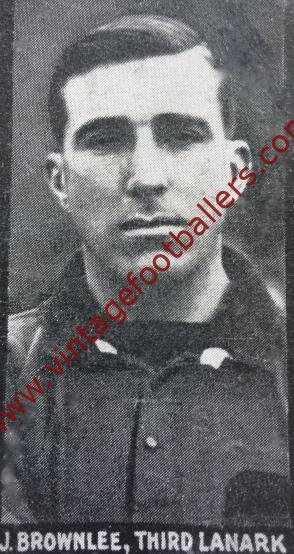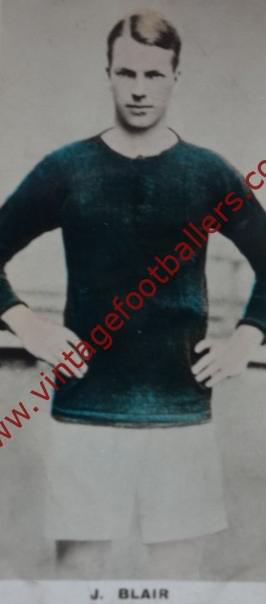Please choose your photo size from the drop down menu below.
If you wish your photo to be framed please select Yes.
Note: 16″x 20″not available in a frame.
Images can also be added to accessories. To order please follow these links
£8.95 – £49.95
Please choose your photo size from the drop down menu below.
If you wish your photo to be framed please select Yes.
Note: 16″x 20″not available in a frame.
Images can also be added to accessories. To order please follow these links
Right back Donald Colman was born Donald Cameron Cunningham and brought up in the Dunbartonshire town of Renton, home of Renton F.C., an early power in the Scottish game. The young Colman was passionate about football, and having begun his football career with Tontine Athletic, he played for his hometown club Renton in 1896 before signing to play for the junior club Glasgow Perthshire.
Colman feared that his choice of profession would not be favoured by his parents, and signed under his grandmother’s name of Colman – by the time he was accepted by his family as a professional footballer, he felt that it was too late to revert, so he was known throughout his football career as Donald Colman.
From Glasgow Perthshire, Colman had a trial with Sunderland and played for Maryhill Juniors, but a career in senior football seemed to have eluded him in spite of interest at various times from Hibs. He was considered to be too small in stature to make a professional, and seemed destined to remain a junior player until he was signed by Motherwell at the late age of 27 in June 1905. Colman played for Motherwell for only two seasons, making 41 appearances for The Steelmen before being released on a free transfer in April 1907. At the relatively advanced age of 29, it would have been reasonable for him to consider his senior career over. However, he was signed by Aberdeen manager Jimmy Philip in September 1907 making his Dons debut in a defeat at Dundee the same month, and he soon established himself as Aberdeen’s first choice right back, becoming club captain in 1909.
In 1911-12, Colman was capped three times for Scotland, making his international debut in a 2-2 draw with Wales at Ninian Park in March 1911, becoming Aberdeen’s oldest player to be capped for Scotland, before winning a fourth and final cap two years later in a 2-1 victory over Ireland at Dalymount Park in March 1913. He also played twice for The Scottish League between 1910 and 1911. His career was interrupted but not ended by the First World War, during which he served with The Gordon Highlanders in France and played for Ayr United on loan in 1918.
After the War, Colman played on loan for St Mirren, Renton and Dumbarton in early 1919 before he resumed his Aberdeen career, and was still playing regularly during his final season at the club in 1920, after which he moved to Dumbarton as player-coach in January 1921 after a single goal in 346 appearances. In March 1921, The Aberdeen Daily Journal commented of him: “No player ever associated with the Pittodrie Club ever enjoyed greater popularity nor carried the confidence of the public more than Colman.”
Colman became Dumbarton’s manager in September 1922 and he was still an active player in 1925, at the age of 47, playing 51 times for Dumbarton. While player-coach/manager at Dumbarton, Colman regularly travelled to Norway in the summer months to coach football. He was recalled to Aberdeen as coach in March 1931 by Phillips’ successor, Paddy Travers.
Colman’s second spell at Aberdeen was as notable as his first – he was an innovative and influential coach, spending much time and effort on players’ footwork and working on ideas such as possession football and using space. He was convinced of the importance of watching his players’ feet, and to help with this, devised the dugout – a sheltered area, set below pitch level which allowed him to observe his players’ feet as they played. The idea quickly spread through the game in Britain and further afield, and examples of dugouts at football grounds can still be seen to this day. He continued to coach Aberdeen throughout the 1930’s until his eventual retirement from football.
Archie Baird commented on Colman as a young Aberdeen reserve team player in the late 1930’s: “We got a taste of full-time training the month before the start of the season. Donald Colman was the trainer at that time; a quiet-spoken intelligent man. He made an immediate impression on me. When he entered the dressing room you could sense he had the respect of the hard-bitten pros. Donald was detailed in everything he did and that rubbed off on the players. He would advise players on their fitness and diet and the importance of living healthy. He was ahead of his time. He also got the best out of players and that was his real strength. Matt Armstrong was struggling to make it at Celtic but Colman transformed him at Pittodrie and he went on to become one of the best forwards ever to play for the Dons. I soon began to realise that I would turn to Donald for guidance as my form began to suffer and I lost confidence.”
| Weight | N/A |
|---|

